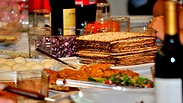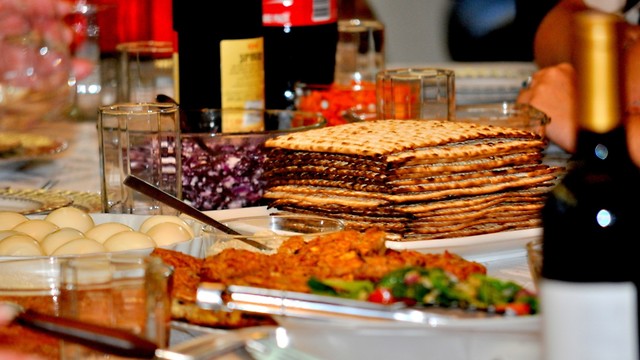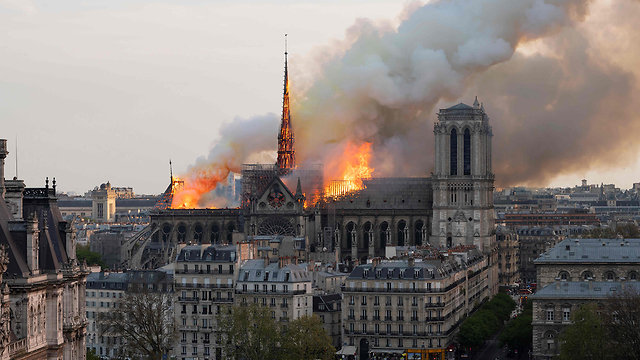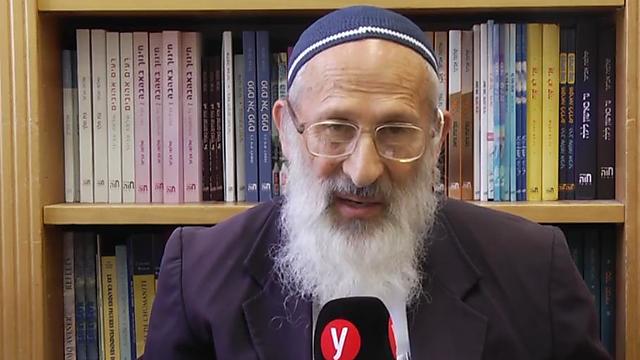
The plague of burning churches on Passover
The sight of Notre Dame on fire may have struck sadness in the hearts of those who, as God commanded, do not celebrate the downfall of others, but one rabbi appears to have been carried away with the spirit of the current holiday
The Passover Haggadah has been read in a format familiar to our contemporaries for over a thousand years.
When it comes to the custom of the Passover Seder, almost all Jews are observant, even though following it requires considerable effort. The stomach rumbles along as hours of prayers are recited, although many are beyond the comprehension of the average listener.
Few are able to even utter even a complete verse without making any mistakes. The songs do make it a little easier, although the familiar melodies are often at odds with the number of syllables – a combination that demands an ability to perform linguistic gymnastics as well as sing.
The message contained within the strange text is somewhat fuzzy. It is often said that it is a pedagogic exercise whose function is to kindle the desire for freedom from the recollection of the agony of servitude.
And what in this instance qualifies as freedom? According to the Haggadah, it has nothing to do with freedom of thought - on the contrary, it is to strengthen and adhere to the doctrine of faith in God.
The Haggadah is about a release from hard labor that is followed by voluntary enslavement to the whims of God. It is not the slaves of pharaoh who initiated a rebellion – it is the shadowy force that sits in the heavens and plays "masters and slaves" like a puppeteer.
Moses, the great rebel and leader of the people of Israel, whose wonderful image so captures the imagination in the Torah, is not mentioned in the Haggadah even once.
There is no doubt that the Haggadah is not a politically correct text. The participants in the Seder are directed to rejoice in the suffering of the Egyptians and to dab drops of wine that are reminiscent of blood.
It is contrary to the teachings of the Book of Proverbs: "Do not rejoice when your enemy falls, and let not your heart be glad when he stumbles". And it is contrary to the Sanhedrin story of how God reproaches His angels at the demise of the Egyptians: "My handiwork is drowning in the sea, and you are singing."
Yet it was this schadenfreude that was expressed last week by Rabbi Shlomo Aviner, a famed and respected clergyman in Israel who had perhaps allowed the spirit of the holiday to sway his mind a little.
Answering questions about the terrible fire at Notre Dame Cathedral in Paris, he replied that a rabbi must faithfully adhere to the truth and he would therefore not express sorrow over the sight of a church in flames, although non-Jews might see that very sentiment as provocation.
Is it advisable to set churches on fire? The answer apparently is that Jews are exempt from setting fire to churches abroad, but not in Israel.
In fact, we are commanded to burn churches in Israel, but it is not worthwhile to fulfill this commandment, lest we must rebuild the burnt-out church, which is a graver sin than leaving it in its ruined state.
So really, Rabbi Aviner should be commended for his thorough treatise on the "pros and cons of setting fire to churches."
It really is a joyous festival for Jews.













